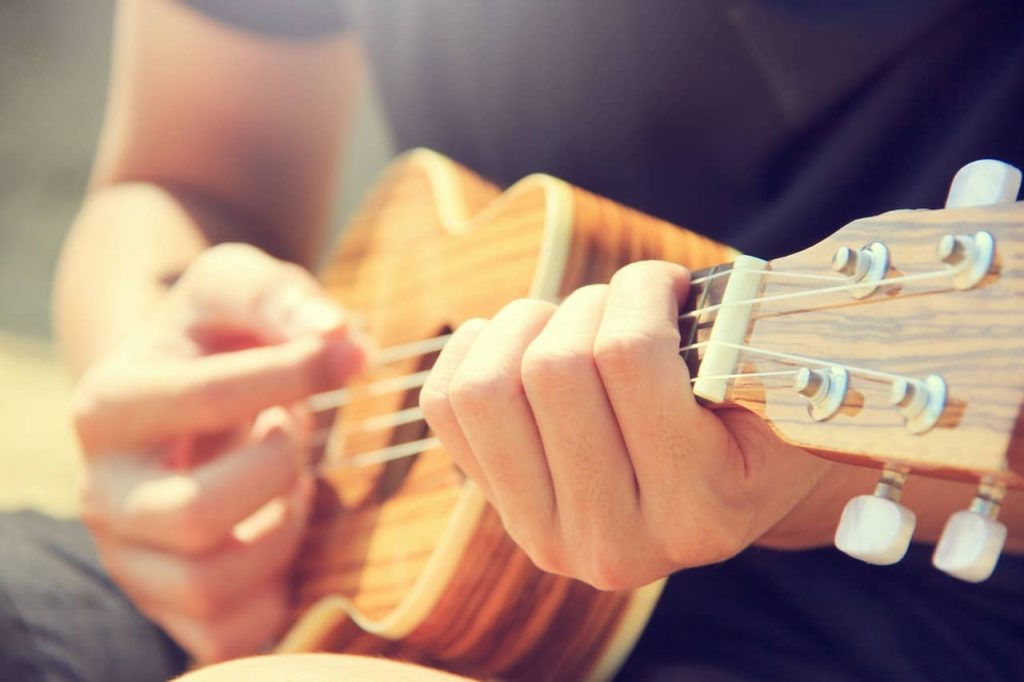How to Live Without Drugs: 7 Ways to Overcome Addiction
If you have ever struggled with an addiction to drugs or alcohol then you know just how hard it can be to turn your life around and get sober, once and for all. For a lot of people who are still living in an active stage of drug addiction and/or alcohol abuse, having fun without the use of drugs or alcohol seems to be out of the question.
While people who struggle with a substance abuse problem often have a laundry list of reasons that keep them from getting sober, such as no desire or denial that they even have a problem to begin with. One major and common excuse is that there is no way to live life and have fun without the use of drugs or alcohol. Although it may feel that way for the majority of addicts, and those in the beginning stages of recovery, that just simply isn’t true.

For someone who has been living life under the influence of powerful, mind altering drugs, it may seem as though there is no other alternative, but there is a way to live life while sober and still have fun at the same time. That is not to say that sobriety will not offer challenges, but getting through them without the use of drugs or alcohol will become very rewarding. Those in recovery understand how important it is to have an enjoyable life while maintaining sobriety.
Here is a list of 7 ways to live without drugs or alcohol that others have found useful.
- Work Out- Working out may not initially sound like everyone's idea of fun, but research has proven that physical activity reduces stress. Not only that but it also balances out the production of serotonin and dopamine, which are neurotransmitters commonly affected by drugs and alcohol. The stimulation of these through exercise naturally leads you to feeling happier. It is important to remember that working out can take on many forms, not just hitting the gym. Consider trying yoga, going swimming, or enrolling in a Zumba If you challenge yourself and are having fun, you are more likely to repeat the same activity.
- Play a Sport- To some, the idea of working out or going to the gym is not something they may be willing to do, and that's ok. Another way to stay physically active is by playing a sport. Most cities have community leagues for baseball, basketball, soccer, volleyball, etc. The majority of these leagues can be found by visiting your local cities governmental website. These community athletics leagues help to incorporate physical activity while offering a social aspect as well.
- Develop a Hobby- If sports or physical activity really just aren't your thing, then there are still ways to live without drugs or alcohol. One of the most helpful things to do for long-term sobriety is to develop a hobby, such as photography, cooking, reading, knitting, pottery, gardening, etc. Hobbies allow you to gain self-esteem and are naturally rewarding. They allow you to boost your motivation, improve a skill, and become better at something that you are interested in, which can be important in recovery as it gives you a little something extra to stay sober for.


These are just a few of the most common ways that others in recovery have found useful for their sobriety. There is life without drugs or alcohol, even though it may not feel like it to some. If you are someone you know is struggling with an addiction please do not hesitate to ask for help! We sincerely hope that you found this list useful and wish you the best in your recovery!







